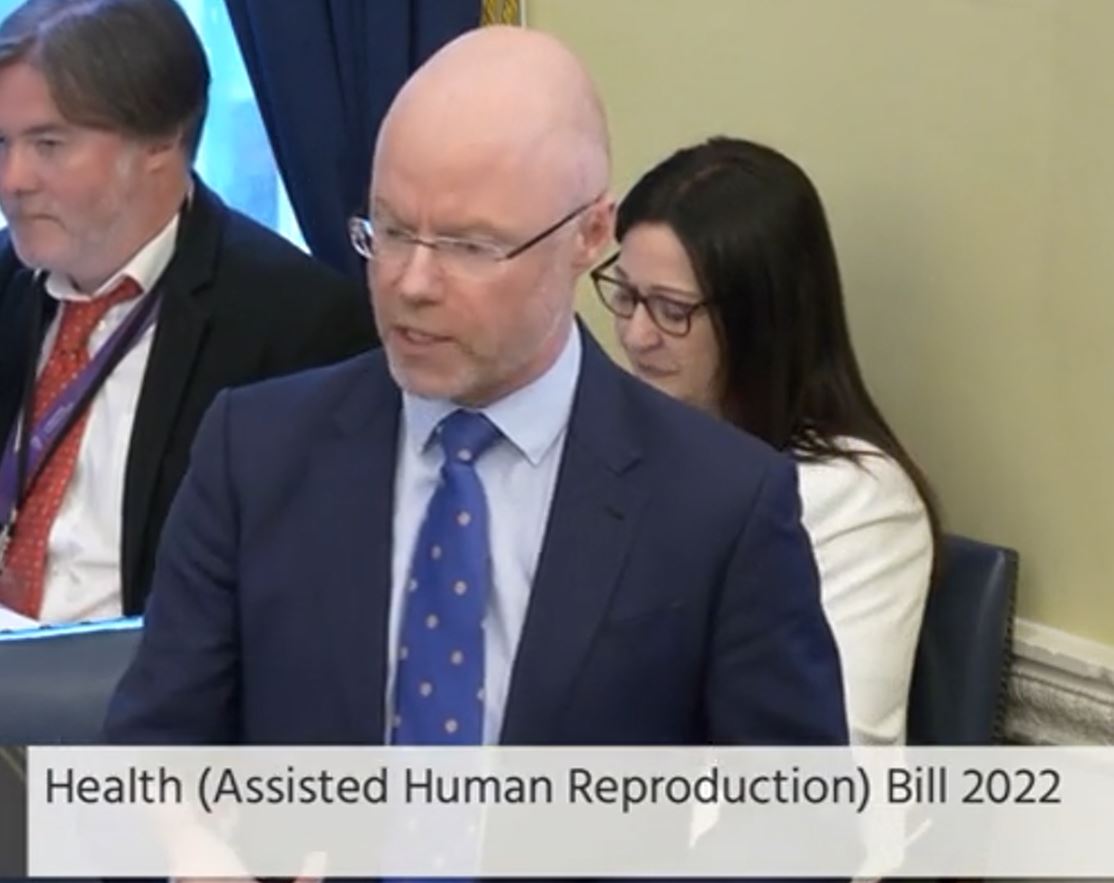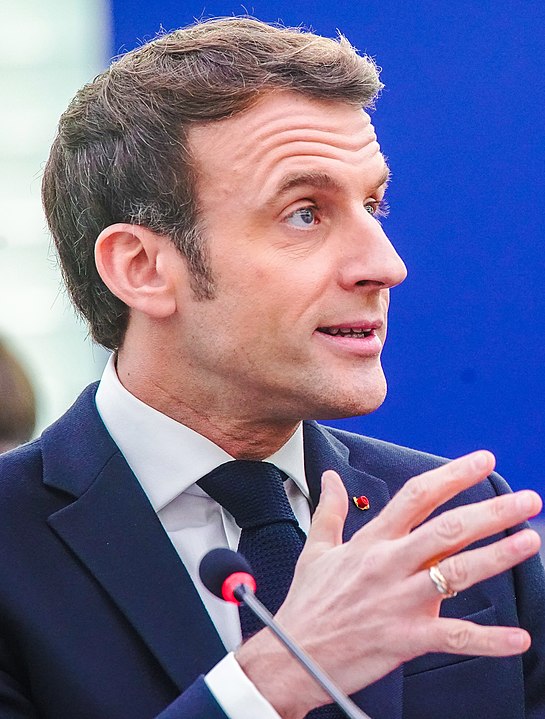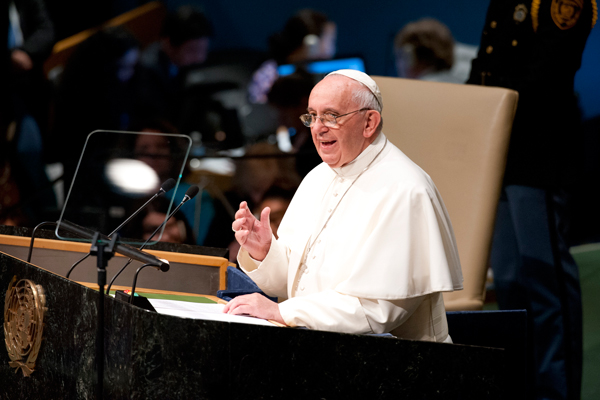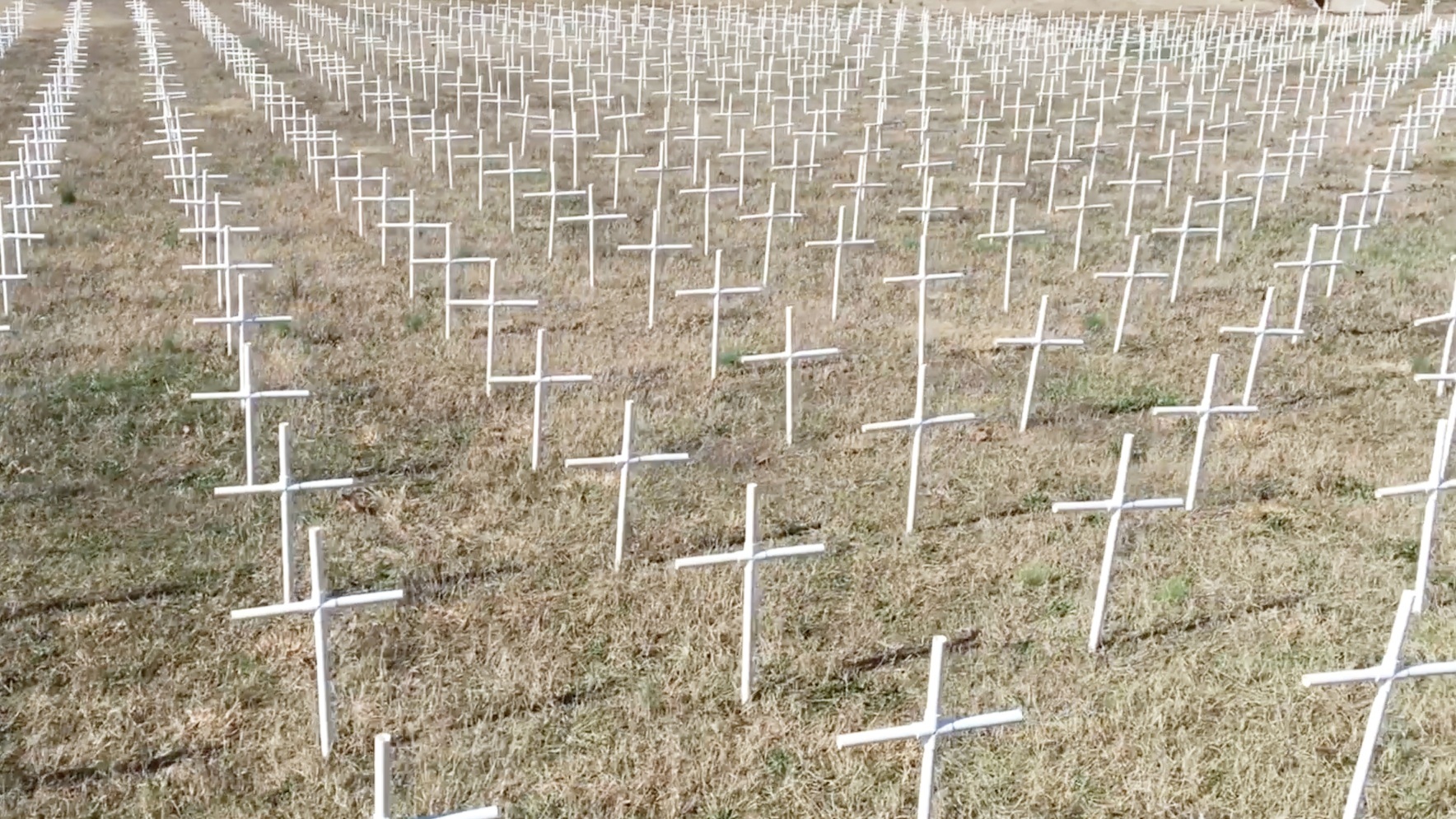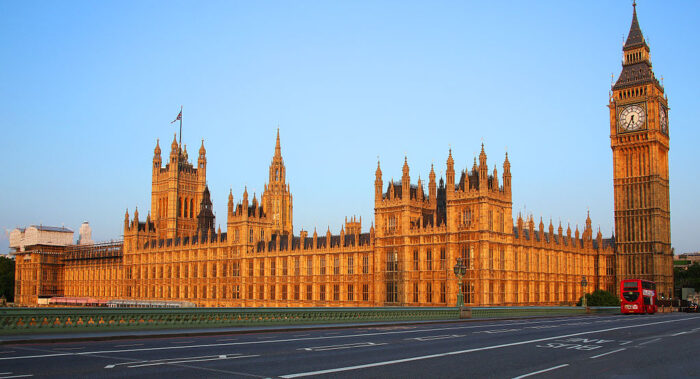There are no circumstances where France would legalise surrogacy because it commodifies the bodies of women, and is contrary to their dignity, said French President Emmanuel Macron.
The President was responding to Olivia Maurel, a young woman born through surrogacy and spokesperson for the Casablanca Declaration, who had written to him seeking his support for the universal abolition of surrogacy.
In this letter dated June 12, 2024, the President, through his chief of staff Mr. Rodrigue Furcy, referred to article 16-7 of the civil code which declares the absolute nullity of surrogacy contracts.
The letter recalls that “the President, on several occasions, has reaffirmed red lines” and adds that “there is no question of authorizing surrogacy in France, because it challenges the dignity of the body of the woman and its commodification”.
The letter adds that if the President cannot grant an audience to Olivia Maurel due to the constraints of the presidential agenda, he indicates that her request has been transmitted to Madam Minister Sarah El Haïry, the Minister Delegate for Youth, Childhood and Family, who “will keep her directly informed”.
In reply, Ms Maurel thanked the President of the French Republic for reaffirming the fact that surrogacy will remain prohibited during his mandate.

